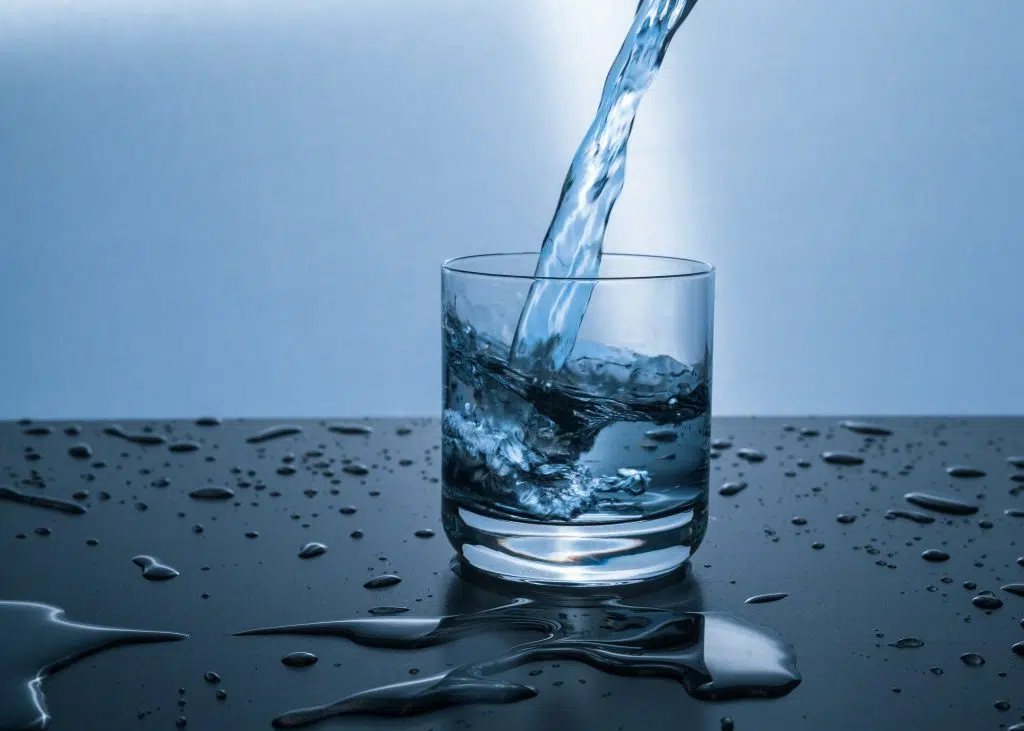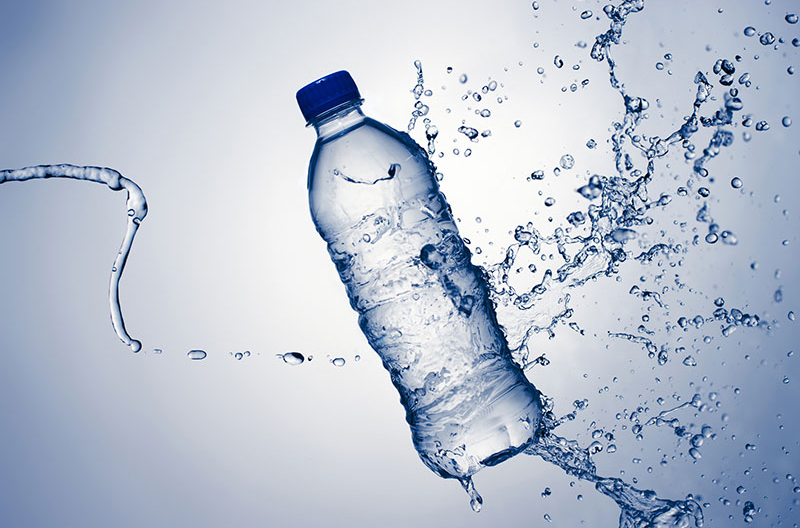It’s crucial for optimum health to have adequate water each day. The primary component of human fluids and a powerful source of critical minerals and trace elements, water supports a number of bodily processes. Minerals from water may be readily absorbed and later used in an efficient manner. Read on to learn about the advantages of drinking water and the vital minerals it contains.
Also, Raed- “Unlocking the Power of Lemon Juice: 5 Health Reasons to Drink It Daily”
Advantages of water Consumption
There are several advantages to drinking water. The advantages of drinking water are numerous, ranging from relieving thirst to supporting a number of bodily activities. These consist of:
1. Aids in Controlling Body Temperature
It’s crucial to drink water to maintain a healthy body temperature. The middle layers of the skin retain water that is released as perspiration during the hot summer months. This promotes cooling of the body temperature. On the other hand, bodily water acts as a thermoregulator throughout the winter. It assists in heat transfer, keeping the body warm.
2. Facilitates Weight Loss
Water consumption before to meals is an effective strategy for weight loss. Water instantly makes you feel full, which might help you eat less.
3. Cushions and Lubricates Body Joints
Water is necessary to maintain joint hydration. Water makes up the majority of the synovial fluid, which is in charge of lubricating the joints.
4. Remove Germs and Infections by Flushing
Urine is diluted with water. The germs and diseases in the urinary system are washed out as the frequency of urination rises with increasing water consumption.

5. Facilitates Food Digestion
Saliva contains water, which helps to moisten the meal and facilitates chewing and swallowing. Digestion juices, which are also composed of water, combine with the water to break down the meal. This facilitates fast nutrition absorption.
6. Keeps the Excretory System in Good Condition
The body excretes waste more effectively through sweat, urine, and faeces when there is enough water in the system. Less stress is placed on the body’s organs as a result.
Minerals Important for Drinking Water
The optimal operation of the human organism depends on the presence of essential minerals and trace elements. The body absorbs and uses these minerals from water more rapidly and readily when they travel to various regions of the body.
They are crucial to enhancing the body’s immunity. We obtain the following minerals from water on a daily basis:
1. Calcium
One of the vital elements in drinking water is calcium. Despite the fact that it makes water hard and unsuitable for washing and cleaning, it is beneficial to human health. Calcium found in water aids in the structural growth of the bones and teeth. Kidney stones, hypertension, and stroke all benefit from calcium. Calcium is essential for healthy blood coagulation and muscular contraction.
A little over 30 mg of calcium may be found in 1 litre of drinking water. An average healthy adult needs between 2000 and 2500 milligrammes of calcium each day.
2. phosphine
A crucial micronutrient found in water is phosphorus. It is crucial for strong bones and teeth in particular. The body’s usage and storage of lipids and carbohydrates are controlled by phosphorus. It is necessary for the production of proteins that help body tissues and cells develop, heal, and maintain themselves. In addition to helping the kidneys remove waste, phosphorus is essential for this process.
For both men and women, the daily phosphorus need must be between 1200 mg and 1500 mg.
3. Fluoride
A vital micronutrient for the body is fluoride. It is essential for the preservation and solidification of bones and is found naturally in fresh water. It is essential for preventing tooth decay. However, consuming too much fluoride can result in dental fluorosis, which causes tooth decay, and tooth mottling. Therefore, the key to maintaining excellent oral health is consuming fluoride in the required amounts.
Less than 2.5 mg of fluoride must be consumed each day. Fluoride levels in 1 litre of drinking water are around 1 mg.
4. Magnesium
Magnesium is one of the vital elements in water that helps sustain muscles. It helps produce energy and maintain healthy nerve function. The ideal approach to get magnesium is through food and water because taking magnesium supplements worsens nausea, cramping in the abdomen, and diarrhoea.
No symptoms are present in those with low magnesium levels. However, long-term low magnesium levels raise the risk of osteoporosis, type 2 diabetes, high blood pressure, and heart disease. About 10 milligrammes of magnesium may be found in one litre of drinking water. An average healthy guy needs 400 mg of magnesium per day, whereas a female only needs 300 mg.
5. Salt
The mineral that is most frequently found in water is sodium. For nerve impulses to be carried out, sodium is needed. It is essential for the tense and relaxed state of the body’s muscles and aids in controlling the acid-base equilibrium necessary for extracellular osmolarity. It also aids in controlling fluid levels by helping to maintain the right balance of minerals and water.
50 mg of sodium are found in 1 litre of drinking water. A healthy adult need 2300 mg of salt per day on average.
Also, Read- Transform Your Mental Health with These 6 CBT Techniques.








